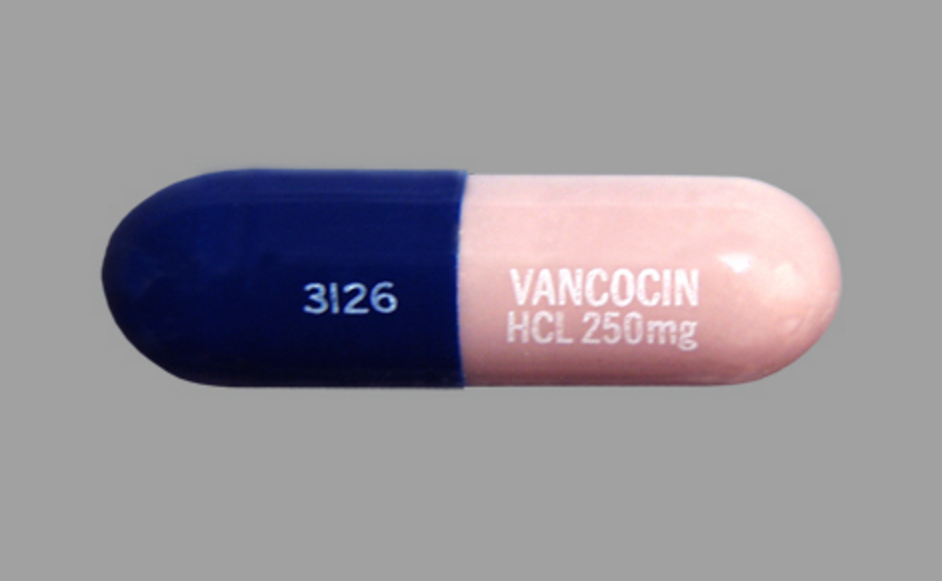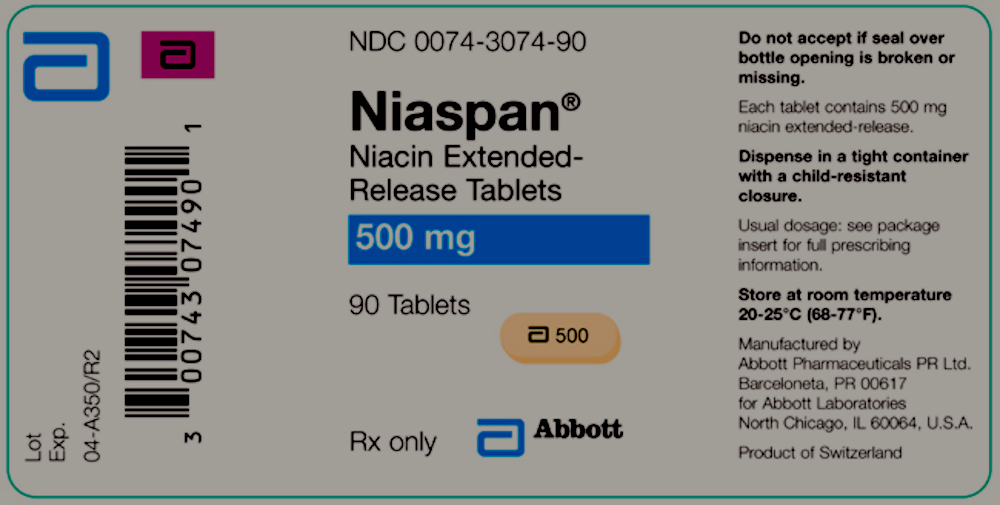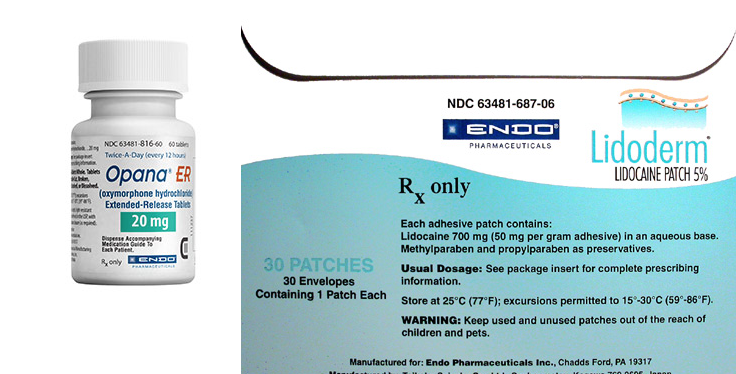Given that a brand-name prescription drug stands to lose a significant chunk of its market share once a lower-price generic becomes available, you can understand why a drug company would want to do anything it can to delay the cheaper alternative, even if you disagree with their intentions. We’ve seen companies accused of paying millions to stave off competition through alleged “pay for delay” deals, and we’ve also seen examples of “product hopping” to prevent competitors from entering the field. Now here’s another method for keeping generics off the market: allegedly flooding the Food and Drug Administration with pointless paperwork. [More]
pay for delay

Feds: Drug Company Delayed Cheaper Generics By Flooding The FDA With Paperwork

Pharmaceutical Companies Accused Of Colluding To Delay Generic Version Of Popular Cholesterol Drug
If you’ve got a patent-protected drug that’s bringing in more than $1 billion a year in sales, you stand to lose a significant chunk of that revenue when the patent expires and lower-cost generic versions come on the market. A California prosecutor alleges that a number of drug companies illegally colluded in a nearly decade-long “pay-for-delay” deal intended to prevent the release of a cheaper competitor to a popular cholesterol drug. [More]

Amazon Prime’s “No-Rush Shipping Credits” May Not Be Worth The Extra Wait
At $99/year — or the recently announced $10.99/month — a subscription to Amazon Prime isn’t cheap, but for people who place regular orders with the e-tail giant, the free expedited shipping may be worth the cost. Now Amazon is offering “No-Rush Shipping Credits” to Prime members willing to temporarily waive their right to what had once been the main selling point of Prime. However, a closer look at the offer raises concerns that many customers may not benefit by being more patient with their purchases. [More]

Feds Say Drug Company Illegally Blocked Lower-Cost Generics From Entering Market
When a drug patent nears its end, drug companies sometimes do really stupid, potentially illegal things to delay or prevent their bottom line being dinged by a lower-cost generic version. One drug company is accused of not just paying off a generic drug maker to delay the release of its version of two medications, but further hurting consumers by agreeing to not compete with the generic. [More]

Supreme Court Rules FTC Can Challenge Deals Intended To Delay Release Of Generic Drugs
When a generic version of a drug comes on the market, the holder of the brand-name drug’s patent stands to see a steep drop in sales as many customers switch to the lower-price option. Thus, some companies will go to great lengths to delay the release of generics. One such method, dubbed “pay-for-delay,” involves the patent-holder suing manufacturers of generics and then settling for millions of dollars with the agreement that the generic suppliers will hold off on releasing their product. Today, the U.S. Supreme Court ruled that the Federal Trade Commission has the right to challenge these sorts of deals. [More]

